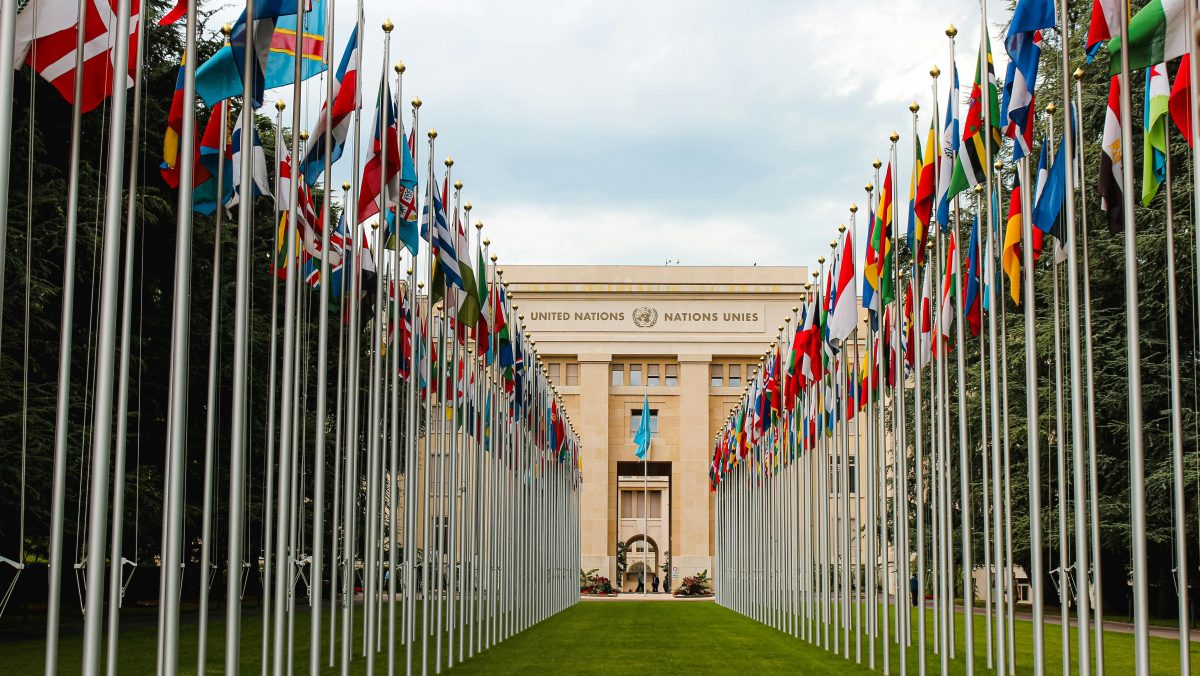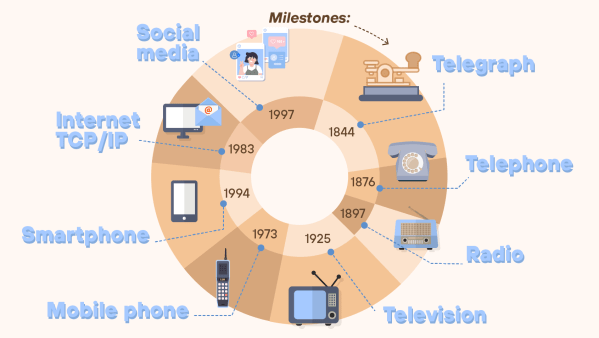In the case of Brazil, the recent G20 Summit in Rio de Janeiro (2024), the B20 in São Paulo (2024), as well as preparations for the BRICS Summit also in Rio (2025) and for COP30 in Belém (Pará), highlight the strategic role of communication networks, as well as the importance of effective coordination between the private sector and public institutions to ensure network resilience, not only during events, but also as part of a new model of structural governance.
When connectivity becomes a matter of national security
In high-profile international settings such as the G20 and BRICS, the secure and resilient operation of telecommunications infrastructure is essential to ensure communication between diplomatic and government authorities, guarantee the operation of public and emergency services, enable coordination between security and civil defense forces, and support media coverage and official broadcasting of events.
It is not just a matter of keeping the network up and running, but also of protecting it from physical, cyber, and operational risks, as well as ensuring the full performance of connected assets that depend on that stable and secure connection, including airport systems, air and urban traffic, public safety devices, health services, and government structures at the municipal, state, and federal levels.
Institutional coordination as a strategic axis
During the organization of the G20 in 2024 and now, in the context of BRICS 2025 and COP30, the telecommunications sector has been called upon to actively participate in a Working Group (WG Telecom) together with the Brazilian regulatory agency Anatel, at the request of the Institutional Security Cabinet of the Presidency of the Republic – Critical Infrastructure Security (GSI-SIC).
This group aims to strengthen the preparedness of critical national infrastructure and the rapid response capacity to possible scenarios that could impact daily operations or compromise the regular organization of international events.
I had the opportunity to actively participate on behalf of Telefónica Brazil in the meetings held in Rio de Janeiro, facilitating the alignment between the requirements of the GSI-SIC and Anatel with the different internal areas of the company. This process highlighted the value of institutional relations, which is evident in the promotion of effective channels of dialogue between the government, operators, and regulatory bodies; in the anticipation of logistical and operational risks in sensitive areas; in the alignment of emergency and rapid response protocols; and in direct interaction with organizers to enable technical support in critical access areas through the prior accreditation of technical teams.
Critical infrastructure in complex realities
In the Brazilian context—and particularly in cities such as Rio de Janeiro—planning for major events coexists with daily challenges linked to territorial inequality, structural vulnerabilities, and the presence of criminal organizations in strategic areas. In these cases, ensuring secure connectivity becomes a particularly complex task, requiring inter-institutional coordination and a rapid and well-articulated response.
The work carried out by the GSI-SIC in the Telecom WG has been a differentiating factor in this process. The creation of more agile and efficient communication environments has facilitated bridges between operators, government agencies, and local authorities, enabling the articulation of viable technical solutions, the identification of risks, and preventive intervention in highly sensitive operational territories.
Conclusion
The objective should not be solely to ensure the operational success of specific international meetings. Recent experiences with the G20 and BRICS consolidate the need to promote a permanent model of collaborative governance based on coordination between the private sector, public institutions, and civil society. In this model, institutional relations play a key role: they foster mutual trust, ensure the convergence of public and private interests, and facilitate coordinated responses to complex and challenging contexts.
Thanks to this capacity for coordination, critical infrastructure managers in the telecommunications sector can remain mobilized, prepared, and aligned—not only for exceptional events, but also to face the structural and emerging challenges of the future.







